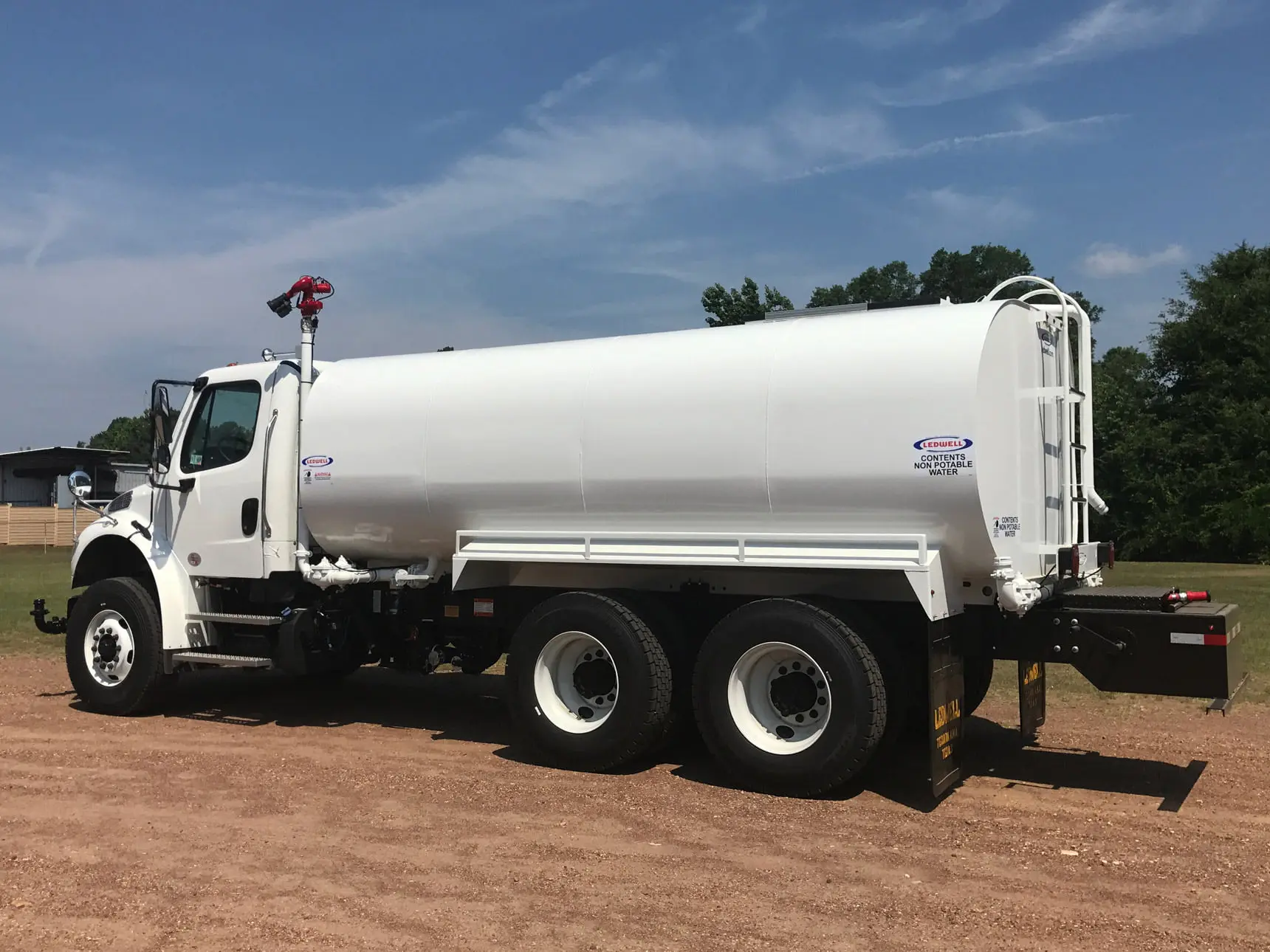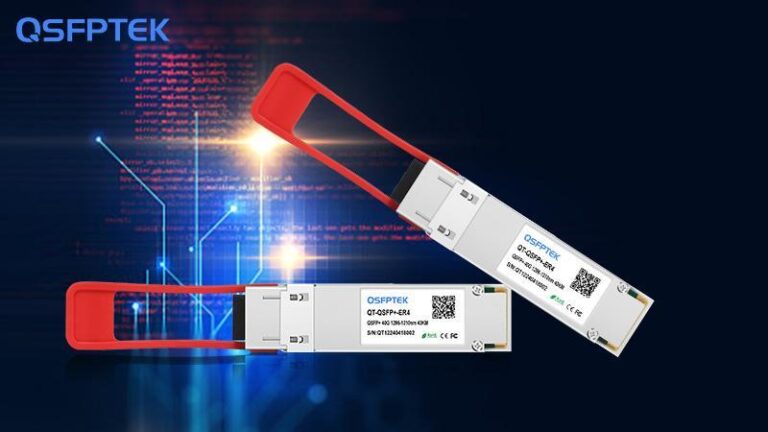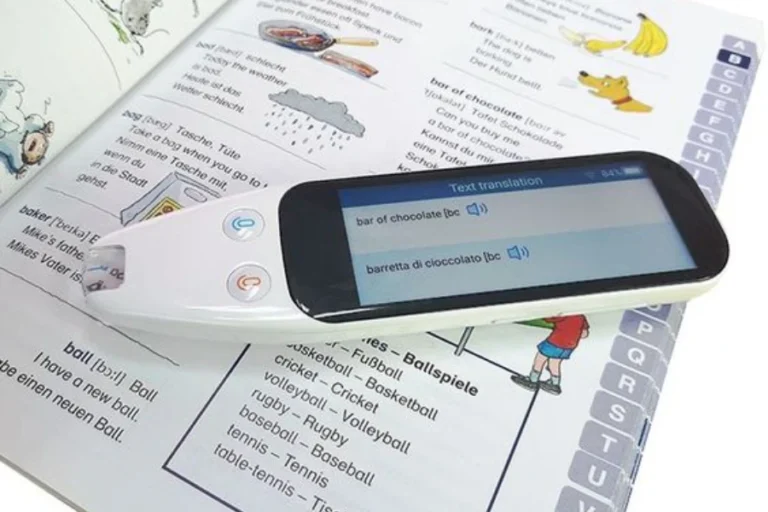Enhancing Water Truck Operations with these 9 Modern Tools
As industries change, the tools we use must keep up to stay efficient and effective. The water truck industry has seen many new tools that make work easier and faster.
GPS tracking and automated sprinkling systems help water trucks work better while keeping safety and rules in mind. If you run a water truck business, these new tools can help you manage your fleet and serve your customers better. Let’s dive in!
1. GPS Tracking Systems
This technology uses satellites to show the exact location of a vehicle in real-time. It helps operators manage their fleets better. For water trucks, GPS tracking makes sure deliveries happen on time, finds the best routes, and saves fuel by avoiding traffic or long detours.
It also improves safety by alerting for speeding, unexpected stops, or route changes. Managers can see data like travel time, idle time, and vehicle performance.
This helps plan maintenance and lower costs. Using GPS tracking makes water truck operations more reliable, clear, and efficient. It supports on-time service and keeps drivers and equipment safer.
2. Automated Sprinkling Systems
Automated sprinkling systems are advanced irrigation solutions designed to water gardens, lawns, farms, or landscapes efficiently without manual effort. They use timers, sensors, and smart controllers to deliver the precise amount of water needed at optimal times, ensuring plants receive consistent hydration. Some systems are equipped with soil moisture sensors or weather-based controllers.
This adjust watering schedules according to rainfall, temperature, and soil conditions, reducing water waste. By automating the sprinkling process, these systems save time, labor, and resources while promoting healthier plant growth. Ideal for both residential and commercial settings, automated sprinkling systems offer a sustainable, cost-effective, and convenient way to maintain lush, thriving greenery throughout the year.
3. Water Quality Sensors
These devices check important water details like pH, cloudiness, temperature, and contaminants all the time. This makes sure the water stays safe and clean. For water truck operators, the sensors give real-time data to spot problems right away, stopping unsafe water from being delivered.
They also help with the following:
- save water
- improve treatment
- and follow health rules
Using water quality sensors makes operations more transparent, builds trust with customers, and helps workers make better decisions. With this technology, water trucks deliver water that is always safe, clean, and of high quality.
4. Mobile Applications for Fleet Management
Mobile applications designed for fleet management have made it easier than ever to oversee operations from a single device. These apps allow managers to track routes, monitor fuel consumption, and analyze performance data on-the-go.
Some advanced applications even include features for scheduling maintenance, which can help prevent costly repairs. With most professionals relying heavily on their smartphones, having a comprehensive fleet management app can enhance communication and decision-making processes.
5. Data Analytics Tools
These tools collect and study lots of data from water truck operations. For operators, data analytics can show patterns in fuel use, routes, delivery times, and vehicle maintenance. Looking at these trends helps companies plan better, save money, and make the fleet work more efficiently.
Analytics also help predict maintenance needs, avoid breakdowns, and adjust routes to prevent delays. They can track driver performance and safety, too. Using data analytics helps managers make smarter, faster choices. This keeps water truck operations safe, efficient, and cost-effective while making the fleet more reliable.
6. Telematics Systems
Telematics uses GPS, vehicle sensors, and wireless signals to track water trucks in real-time. It shows fuel use, engine health, driver behavior, and route efficiency. Managers can use this information to plan better routes, save fuel, and do maintenance before problems happen.
Telematics also improves safety by tracking speed, hard braking, and driving habits. It helps coordinate the fleet so water is delivered on time and operations are clear. Using telematics makes managing water trucks easier, safer, and more efficient, while lowering costs and keeping service reliable.
7. Eco-friendly Water Conservation Tools
Sustainability is a critical concern in modern operations. Eco-friendly water conservation tools, such as rainwater harvesting systems and greywater recycling units, are essential for businesses focused on reducing their environmental footprint.
Integrating these systems into conventional operations can assist with resource management and improve compliance with environmental regulations. Moreover, customers increasingly prefer businesses that prioritize sustainability, making these tools not only practical but also beneficial for reputation. By exploring water truck rentals, operators can take advantage of these technologies without the hefty upfront costs of purchasing new vehicles.
8. Drones for Site Assessment
Drones provide aerial views of construction sites, mining areas, and other large-scale locations. It allows operators to evaluate terrain, access points, and water distribution needs quickly and safely. By using drones, managers can identify obstacles, plan optimal routes, and monitor site conditions in real-time, reducing delays and improving efficiency.
This technology also minimizes the risks associated with manual inspections in hazardous or hard-to-reach areas. Additionally, drones can capture high-resolution images and generate detailed maps, aiding in operational planning and reporting.
Integrating drones into water truck operations ensures more accurate delivery planning, enhances safety, and supports data-driven decision-making. It will streamline operations while saving time, resources, and costs.
9. Training Technologies for Operators
Training with modern tools is important to make sure operators know the best ways to work. Also, virtual reality (VR) and interactive lessons let new drivers practice safely before working on real trucks. Better training helps companies stay safe, reduce accidents, and encourage learning.
Using modern tools can make water truck operations faster and safer. Renting water trucks lets operators use these tools without buying new trucks, making it easier to grow their business. As technology improves, those who use it will have an advantage over others.
Transform Your Water Truck Operations
Using modern tools in water truck operations can make work faster, safer, and better for customers. Tools like GPS tracking and data analysis help operators make smart choices that improve work and service.
The industry is always changing, so keeping up with new tools is important to stay ahead. Don’t wait-try modern technologies and water truck rentals to improve your operations today.
Looking for more tips and advice? You’re in the right place! Make sure to bookmark our page and come back to check out more interesting articles.






